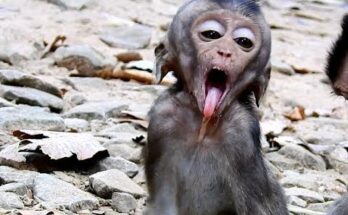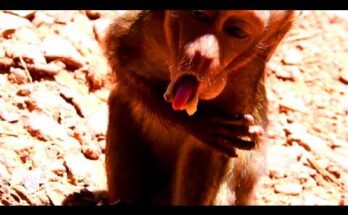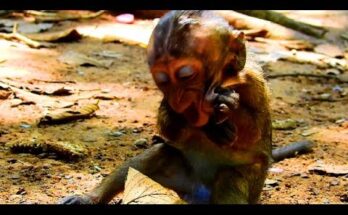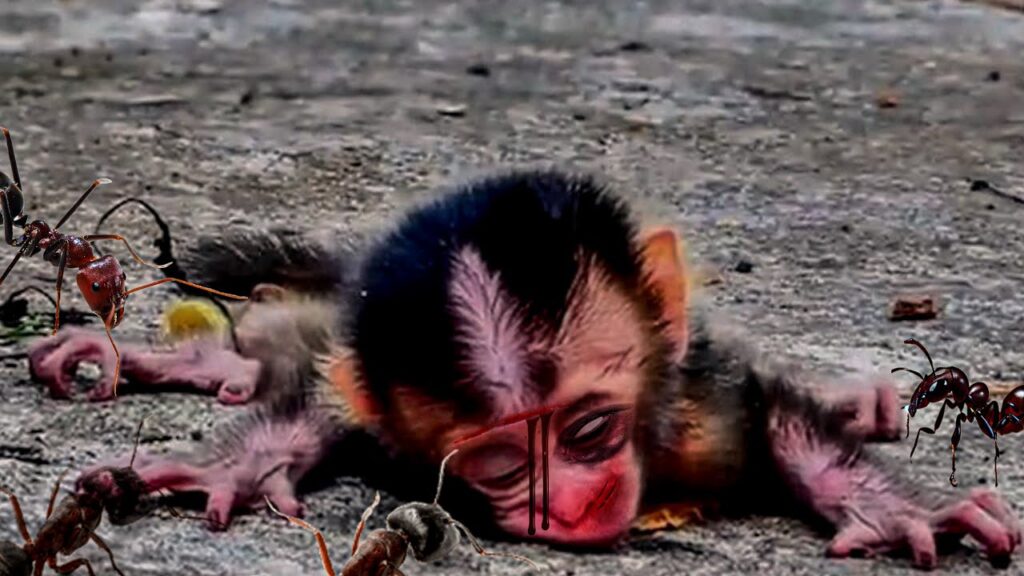
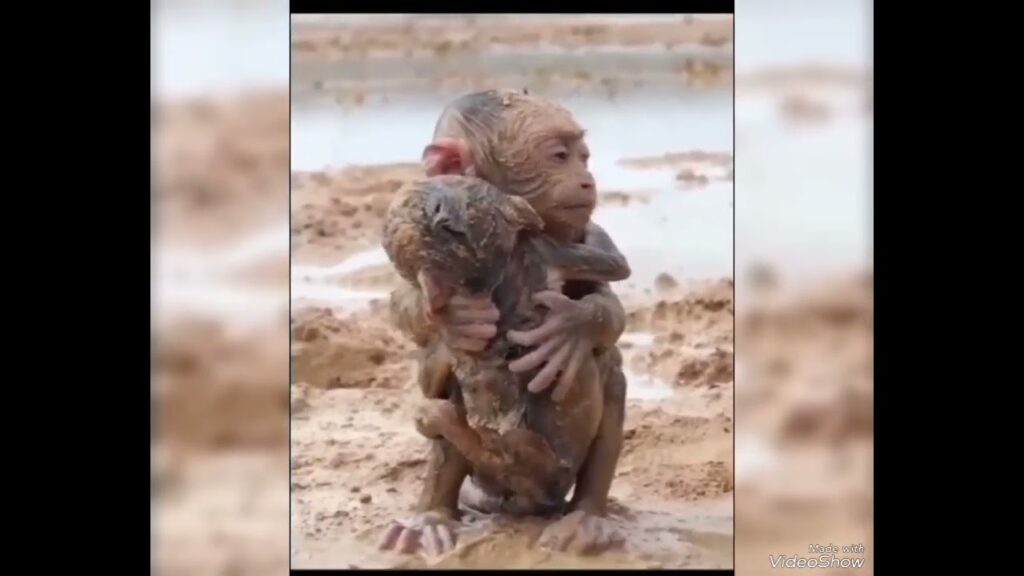
While humans have vastly different social structures and parenting styles, there is something to be learned from the way monkey mothers teach their young resilience. Encouraging independence, fostering problem-solving skills, and gradually reducing direct assistance are all strategies that benefit both primates and human children in their respective environments.
In the animal kingdom, tough love is not cruelty—it is a lesson in survival. Monkey mothers, by denying milk at the right time, are not abandoning their young but preparing them for the challenges ahead, ensuring they have the skills needed to thrive in the wild.
Survival in the wild is unforgiving. Food sources can be scarce, and competition within a group is intense. A mother monkey must ensure that her offspring can fend for itself before another pregnancy shifts her focus to a new baby. If a young monkey is too dependent for too long, it risks falling behind its peers in terms of strength, social status, and ability to find food.
In some cases, the mother may become particularly strict, even appearing to “bully” her offspring by physically pushing it away or ignoring its cries. While this might seem harsh, it serves a greater purpose: ensuring the baby’s long-term survival. Researchers have found that monkey mothers who enforce independence early tend to have offspring that are more successful later in life, as they adapt quickly to group dynamics and food acquisition.
